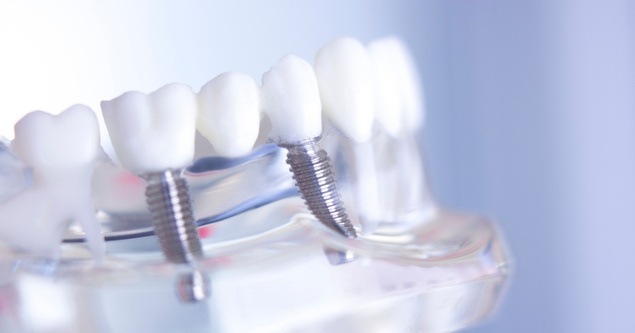
Have you ever winced while eating ice cream or sipping hot coffee? If so, you’re not alone. Tooth sensitivity affects millions across the country, often with no warning. One bite can cause sharp discomfort. The real surprise is that everyday foods may be behind it.
Not everyone connects citrus fruits, hot soup, or sweets with enamel damage. Yet, your morning routine or favorite snack may be weakening your teeth. The best dentist sees these instances often. Being aware of the relationship between food and sensitivity will save your smile. Let’s learn the hidden food culprits.
What Is Tooth Sensitivity?
Tooth sensitivity causes sudden and stabs pain while eating or drinking. Pain occurs when enamel is lost or gums recede. Dentin below the enamel is exposed and reacts to hot, cold, or acidic foods.
Symptoms are pain with cold drinks or hot foods. Even flossing or brushing can hurt in severe cases. Enamel is your tooth’s protective shield. The layer underneath, dentin, contains tiny nerve endings. These nerves convey pain from exterior stimuli when exposed.
The best dentist in Prairie Village will first check for enamel health. Sensitive teeth generally indicate deeper dental issues that need to be addressed immediately.
Foods That Will Make Your Teeth Sensitive
Acidic Foods
Citrus fruits like oranges and lemons erode enamel over time. Tomatoes, vinegar, and pickled foods also erode tooth surfaces.
Even salad dressings with vinegar induce sensitivity. Enamel acid erosion welcomes nerve pain.
Sugary Snacks & Drinks
Soda, candy, and processed sweets fuel destructive mouth bacteria. Bacteria release acids that wear away enamel and create sensitivity.
Sports drinks and fruit juices with sugar also contribute to the erosion of enamel. Sticky candies cling to teeth, accelerate decay, and cause discomfort.
Hot or Cold Foods
Temperature extremes shock the exposed nerves and dentin. Hot coffee, ice cream, or cold water have a tendency to cause sudden pain. Alternating between hot and cold food contributes to sensitivity symptoms.
Sensitive teeth react quickly to temperature extremes in food.
Hard Foods
Hard candy, nuts, and popcorn kernels risk chipping enamel. Munching on hard foods creates micro-cracks, which lead to sensitivity.
Softened enamel is a softer way for pain to pass to nerves. Mastication of hard foods can also cause dental restorations to become loose.
How to Prevent or Control Sensitive Teeth?
You must limit acidic and sugary foods in your diet every day. Clean your mouth after acidic or sweet meals by taking water. You have to brush your teeth lightly with a soft toothbrush.
Keep in mind that you should not over-brush, which wears out enamel earlier than you know. Switch to desensitizing toothpaste for soothing exposed nerves. Fluoride toothpaste significantly hardens enamel and eases aching. The best dentist will recommend fluoride treatment during checkups.
Schedule frequent dental visits to inspect enamel and gums. Get cavities or old fillings replaced before sensitivity is more severe. The best Prairie Village dentist offers customized care plans.
Dental sensitivity usually starts with daily routines and diet. Understanding culprits like acid, sweet, or hot foods is required. Your perfect dentist would help find the reason and avoid damage.
You don’t have to suffer quietly with a toothache, however. Come and visit our dentists, most suited for long-term relief today.



